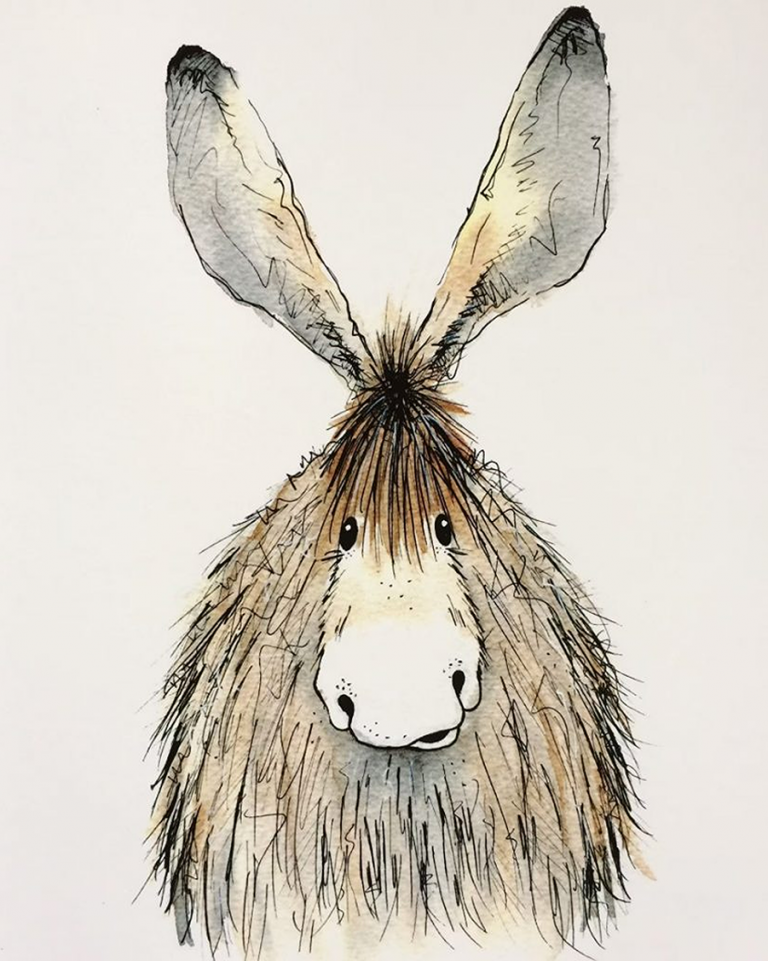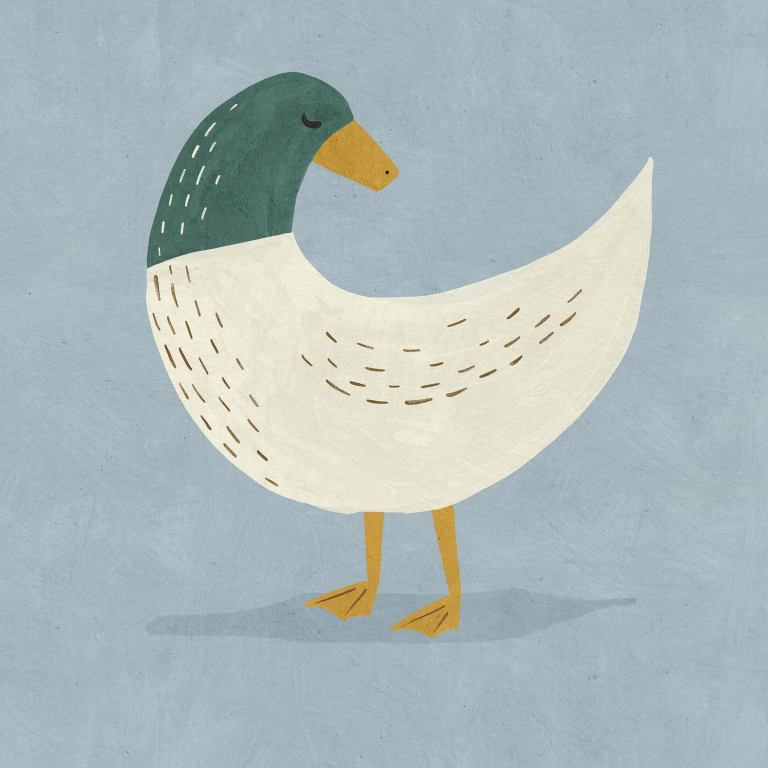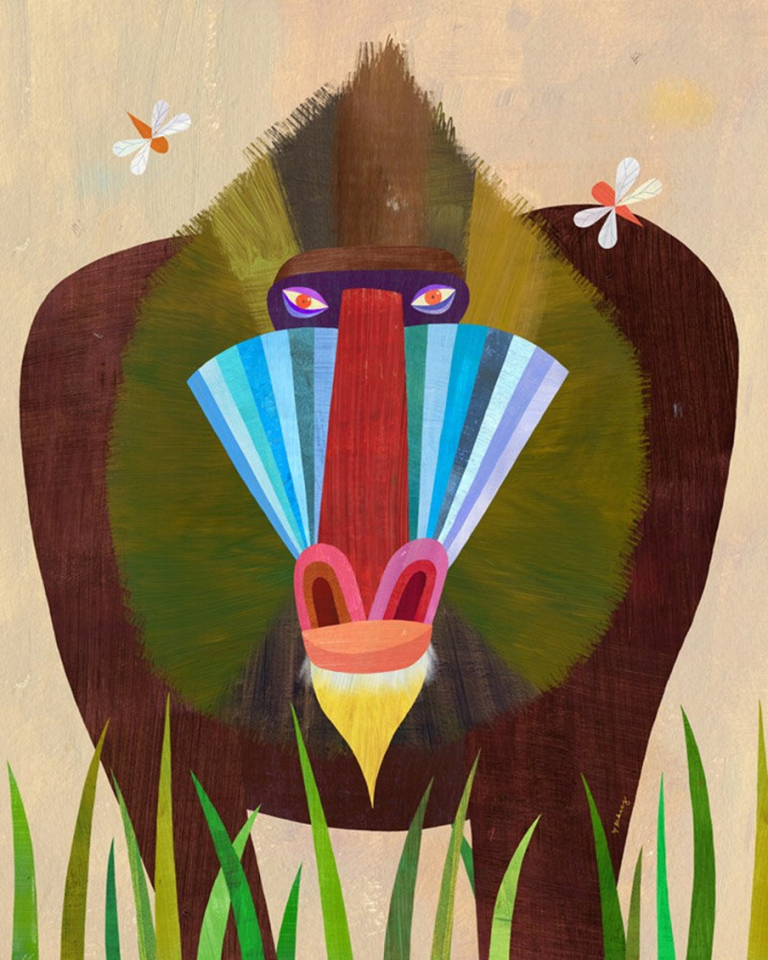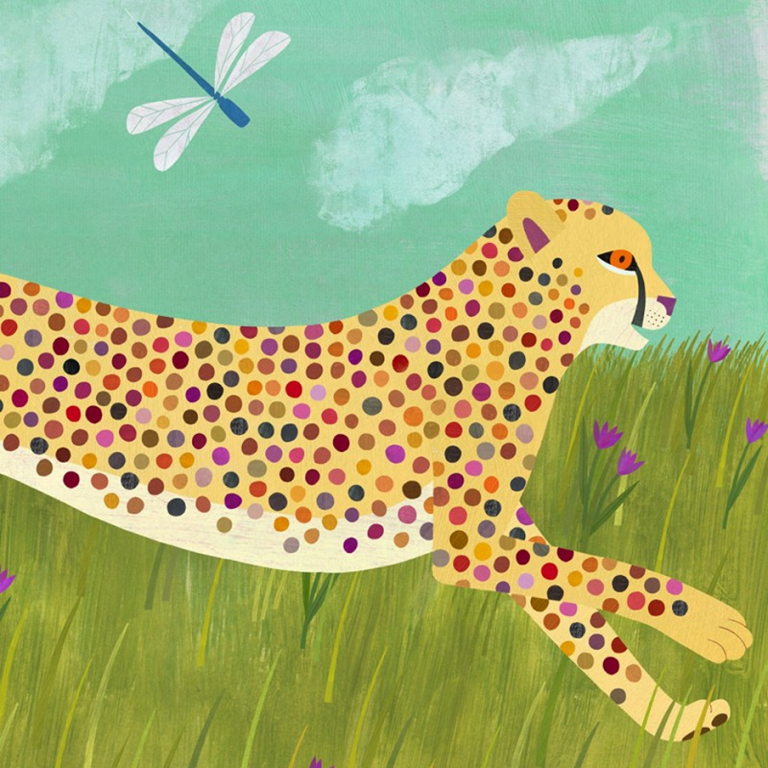
Hot flushes, night sweats, brain fog and broken sleep can take over daily life. Many women reach for hormone support to feel like themselves again. But common menopause drugs are made from the urine of pregnant mares. Its use has sparked a growing call to boycott it on animal welfare grounds.
From the treatment of mares to the fate of their foals, the price paid by horses is too high. It is time to choose menopause care that helps women without harming animals. This guide explains why a boycott matters and shows clear, ethical options that work.
Read our posts on HRT alternatives:
Always check with your GP before taking supplements, if pregnant/nursing or on other medication or supplements. Keep away from children and pets.
Do not take the supplements with anticoagulants or the combined contraceptive pill. If you use the mini pill, you can usually take HRT alternatives at the opposite time of day. The supplements may suit women after a hysterectomy, including surgical menopause, and can sometimes be used post-menoppause.
What Are Urine-Based Menopause Supplements?
Premarin is a brand of oestrogen therapy developed in the 1940s. Its name comes from its source, pregnant mare urine. The active ingredients are conjugated equine oestrogens (CEE), a mix of oestrogen compounds found in horse urine. For many years, these drugs were a standard treatment for menopausal symptoms such as hot flushes, vaginal dryness and sleep disruption.
Production takes place on PMU farms, mainly in Canada and the United States. Mares are bred and kept during pregnancy so their urine can be collected. Farmers fit collection devices and store the urine, which is later processed into medicine in a factory setting.
The urine contains a range of oestrogenic compounds. When refined, these compounds are pressed into tablets, and sometimes used in creams, to ease menopausal symptoms.
By the late 20th century, Premarin and related products were among the most prescribed HRT medicines worldwide. Sales were large, and many women and clinicians viewed them as a simple, reliable option because they had been available for so long. Even after the early 2000s, when studies prompted more careful prescribing, PMU-derived oestrogens remained in use in some countries and still appear in pharmacy stocks today.
How Production Affects the Horses
Investigations by animal welfare groups report troubling conditions on some PMU farms. Mares may be kept in narrow stalls for months during pregnancy with minimal movement. Collection devices and repeated catheterisation can cause rubbing, sores and pain.
To make the urine more concentrated, water may be limited. Foals born each season are often sold at auction, with many reported as going into the meat trade due to low demand for young horses.
Reports from organisations such as the Humane Society describe overbreeding, cramped housing and inadequate enrichment. While standards can vary by farm, the overall system prioritises output over welfare. The result is predictable harm to mares and bleak outcomes for many foals.
Health Benefits and Risks for Women
PMU-derived oestrogens can reduce hot flushes, ease vaginal dryness and help with sleep. Many women feel better within weeks. This relief is the reason these medicines became household names.
There are important risks. Studies, including large trials in the early 2000s, linked certain forms of oestrogen therapy to higher risks of blood clots, stroke and breast cancer, especially with long-term use and when combined with some progestogens.
Current medical advice in the UK and beyond often suggests using the lowest effective dose for the shortest time that controls symptoms. Many clinicians now prefer body-identical options that match human hormones, which may offer a clearer risk profile.
Reasons to Choose Ethical Options
The case for a boycott is clear. PMU-based products depend on a system that treats mares as raw material and foals as by-products. Add the environmental impact of intensive breeding and waste management on large farms and the argument strengthens. Even if the product helps, the sourcing is the problem.
There are also health questions. Modern, body-identical hormones, such as 17β-oestradiol made from plant sources, provide targeted relief with a well-studied safety profile when used correctly. They do not require animal suffering.
Boycotts have pushed companies to change ingredients, improve sourcing and drop suppliers that fail welfare checks. When buyers refuse products made from pregnant mare urine, demand shifts. Pharmacies stock more plant-based HRT.
Start by reading labels. Look for conjugated equine oestrogens or the abbreviation CEE. Ask the pharmacist if a product contains PMU-derived ingredients. If unsure, request plant-based or body-identical HRT. The more we choose kind options, the quicker the market adjusts.
Safer Alternatives for Symptom Relief
There are ethical options that do not involve animals.
Lifestyle support: Regular exercise, weight management, stress reduction, and a diet rich in fibre and phytoestrogens can reduce flushes and improve sleep. Limit alcohol and caffeine, which can trigger symptoms.
Talk to your GP or menopause specialist. Ask for body-identical options and discuss personal risks. Bring a list of symptoms and priorities so the plan suits your life.
Join the Boycott and Support Change
Practical action helps both women and horses. Start with your own care plan, then share what you learn.
- Check ingredients: Avoid products listing conjugated equine oestrogens or CEE.
- Ask for plant-based HRT: Request body-identical oestradiol and micronised progesterone where appropriate.
- Choose ethical brands: Many UK and EU-licensed HRT products are plant-derived. Pharmacists can guide you to vegan formulations.
- Support campaigns: Sign petitions, write to suppliers and back organisations working to end PMU farming.
- Spread awareness: Share the facts with friends, family and online groups. Clear, calm information changes minds.
Change follows demand. As more women pick humane options, pharmacies shift stock and prescribers adjust habits. The result is a market that values both effective care and compassion.






